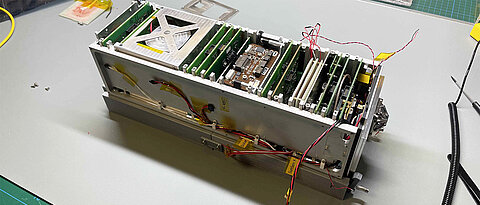
A team from the University of Würzburg is developing an AI-based attitude control system that will allow satellites to maneuver autonomously. The new technology will be tested in space.
more
A team from the University of Würzburg is developing an AI-based attitude control system that will allow satellites to maneuver autonomously. The new technology will be tested in space.
more
There are still more men than women in STEM subjects - despite years of intensive efforts to change this. JMU alumna Susanne Knotzer explains why this is the case.
more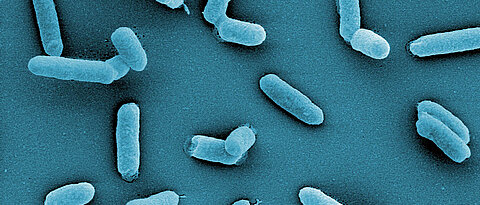
Researchers at the Würzburg Helmholtz Institute for Infection Research led by RNA expert Chase Beisel have developed a new approach to DNA transformation and gene mutation in bacteria.
more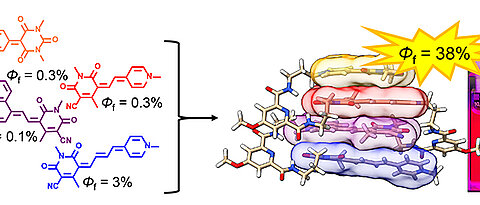
Würzburg researchers from the Bavarian initiative Solar Technologies Go Hybrid are reporting progress on the road to more efficient utilisation of solar energy: they have developed an innovative light-harvesting system.
more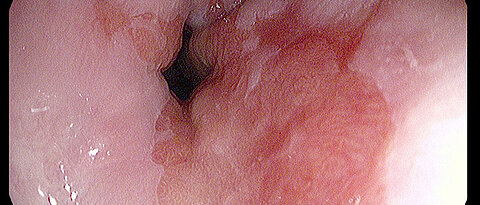
A Czech-Bavarian research team is developing an artificial intelligence that specialises in gastroscopy. The AI is intended to assist doctors with diagnoses.
more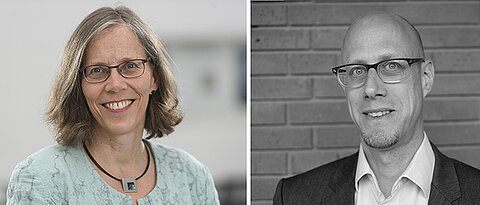
The specialist magazine China.Table ranks Professor Doris Fischer and Professor Björn Alpermann from the University of Würzburg among the ten leading minds in China studies in Germany.
more
What effect do economic sanctions have on the countries affected, such as Russia or Iran? Economists from Würzburg, Kiel, Berlin and Bielefeld have analysed these questions.
more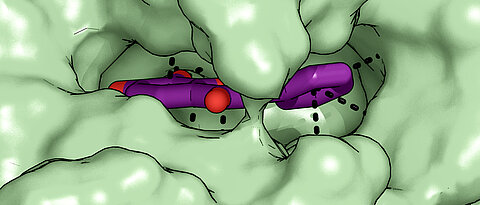
A low vitamin B6 level has negative effects on brain performance. A research team from Würzburg University Medicine has now found a way to delay the degradation of the vitamin.
more
Würzburg researchers contradict the statement of a US psychologist. They want to initiate an objective and scientifically sound discussion with a thesis paper.
more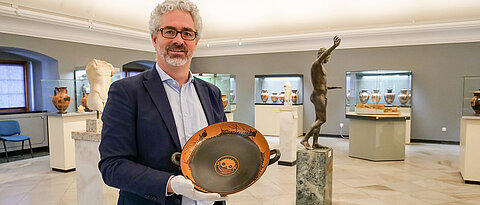
The Collection of Antiquities in the Martin von Wagner Museum at the University of Würzburg is at risk of losing numerous important loans. For this reason, those responsible have now launched a fundraising campaign.
more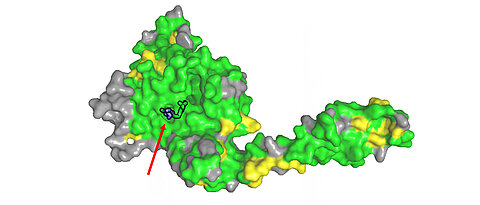
Some cancer drugs cause severe side effects because they are not working accurately enough. A team at the University of Würzburg led by biochemist Caroline Kisker has now discovered why.
more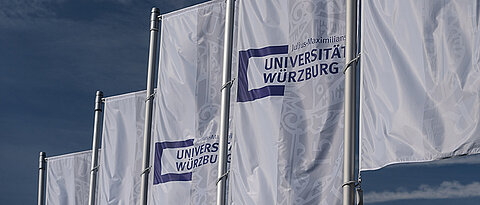
The University of Würzburg is part of a new Collaborative Research Centre (CRC) in which innovative therapeutic strategies against cancer are being sought. Another CRC with Würzburg participation will be extended.
more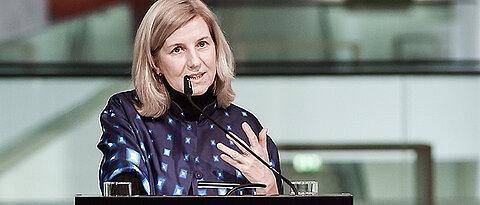
JMU alumna Dr Ulrike Groos is Director of the Stiftung Kunstmuseum Stuttgart gGmbH. She studied Art History in Würzburg; here she talks about her career and her time as a student.
more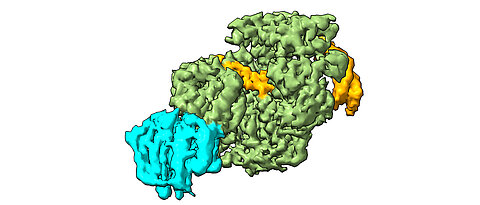
Researchers at the University of Würzburg, led by Caroline Kisker in cooperation with Claudia Höbartner, discovered how the protein XPD detects a severe DNA damage and controls its repair.
more
A new Indology project is focussing on a hitherto little-researched period of ancient Indian history: the time of the transition from Buddhism to Hinduism in the northwest of the country.
more